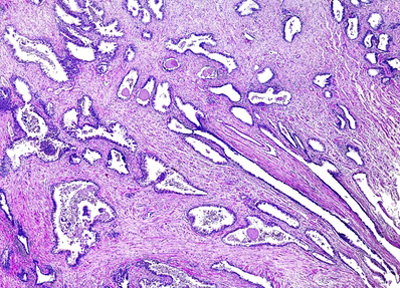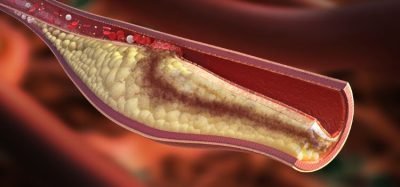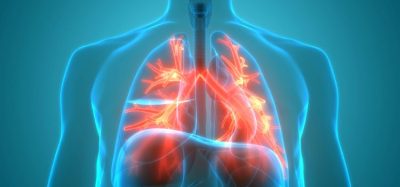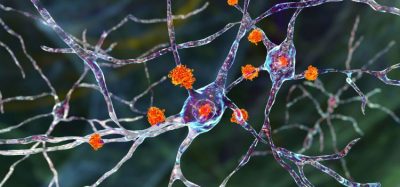Phase III enzalutamide trial initiated in mHSPC
Posted: 29 March 2016 | | No comments yet
The ARCHES trial will evaluate the efficacy and safety of enzalutamide with androgen deprivation therapy (ADT) versus placebo with ADT in mHSPC patients…


Astellas and Medivation have announced that the ARCHES Phase III registrational trial has been initiated and the first patient has been randomised.


The ARCHES trial will evaluate the efficacy and safety of enzalutamide with androgen deprivation therapy (ADT) versus placebo with ADT in metastatic hormone sensitive prostate cancer (mHSPC) patients.
“Dosing of the first patient in this trial demonstrates our ongoing commitment to continuing to investigate enzalutamide,” said Claire Thom, Pharm D., senior vice president and oncology therapeutic area head, Astellas.
“This trial targets an important patient population as we advance the development of enzalutamide,” said Mohammad Hirmand, M.D., interim chief medical officer, Medivation. “The initiation of this trial demonstrates our ongoing commitment to fully develop enzalutamide in this serious disease.”
The global, Phase III, randomised, double-blind, placebo-controlled study, which is being led by Astellas, will evaluate the efficacy and safety of enzalutamide with ADT versus placebo with ADT in patients with mHSPC. ARCHES will enrol approximately 1,100 patients with mHSPC at approximately 250 centres globally. The primary endpoint of the trial is radiographic progression-free survival (rPFS), defined as the time from randomisation to the first objective evidence of radiographic disease progression as assessed by central review or death, whichever occurs first. The trial will evaluate the therapy at a dose of 160 mg to be taken orally once daily versus placebo, administered with ADT.
The therapy is being developed through a collaboration between Astellas and Medivation. Enzalutamide, which is known by the brand name Xtandi, is not approved for use in patients with mHSPC.









